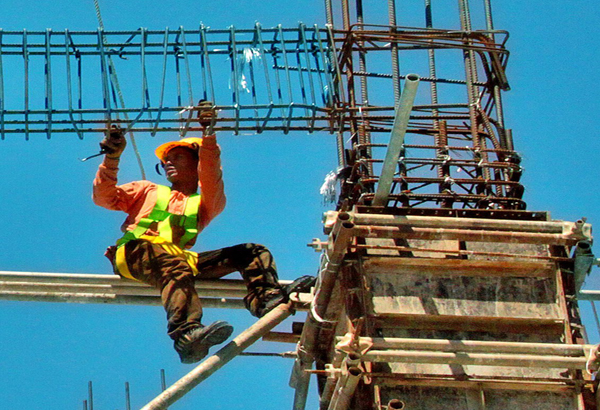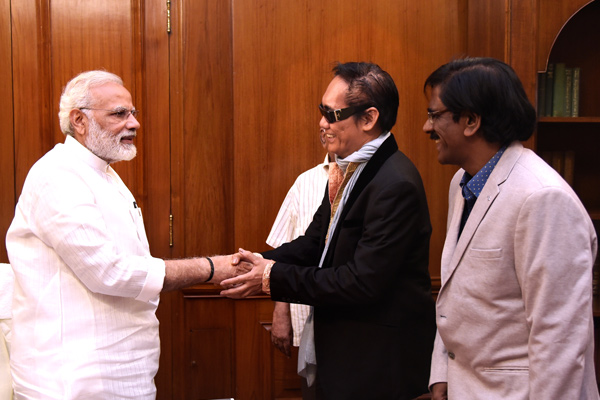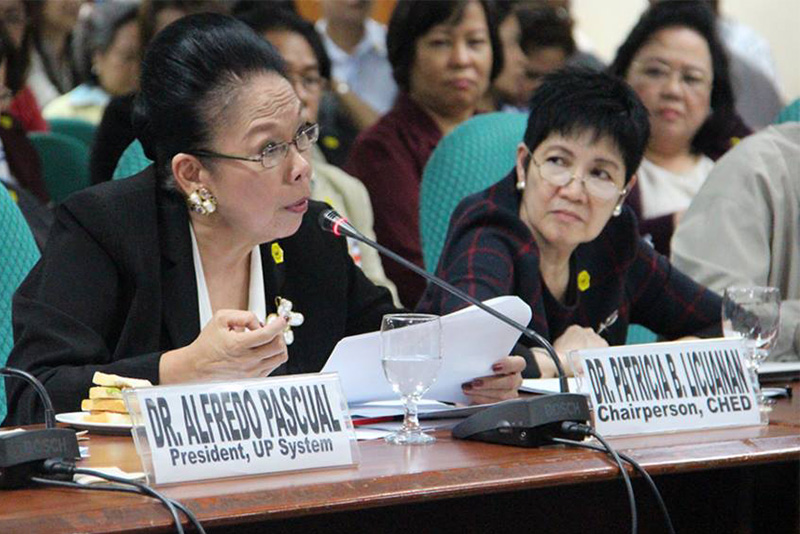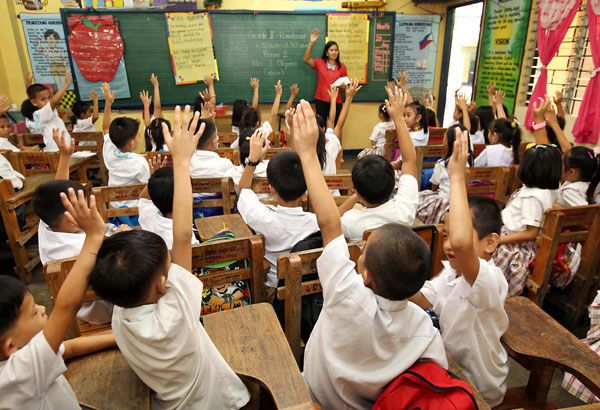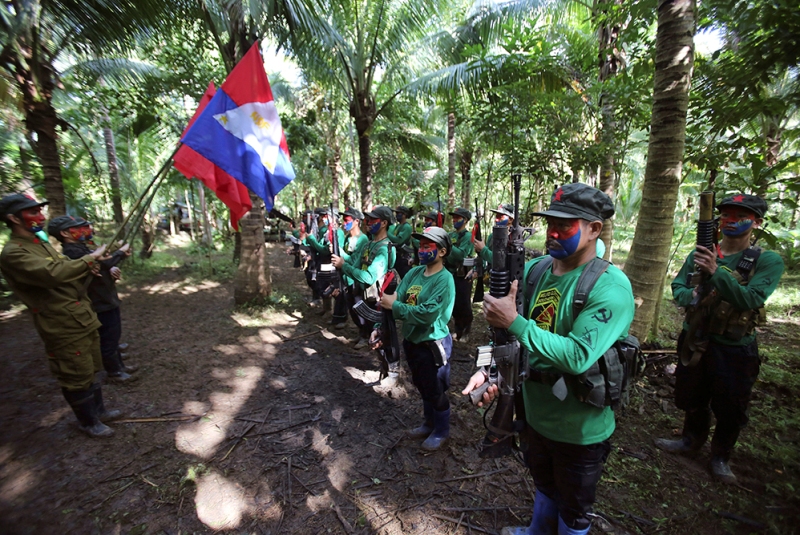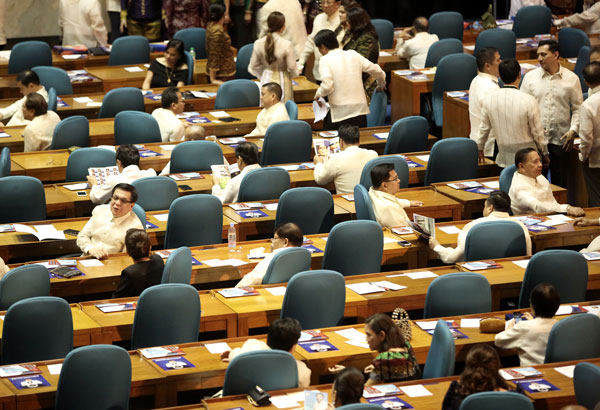PCIJ study: access to government contracts challenging
MANILA, Philippines— A case study on government contracts revealed that accessing the contracts of the government remain to be challenging and a huge concern.
On Thursday, the Philippine Center for Investigative Journalism launched its case study titled “Public Contracting in the Philippines: Breakthroughs and Barriers” which enumerated the challenges faced by the public who attempts to access information on government contracts.
PCIJ Executive Director Malou Mangahas also cited that there is huge money involved in big projects but the documents are not accessible to taxpayers. She said open contracting is not yet a norm in the country.
PCIJ Senior Reporter Karol Ilagan added that every administration is tainted by controversial procurement deal.
Hivos Program Manager Viviene Suerte-Cortez mentioned that 70 percent of the government expenditures is spent on public contracts while 29 percent is spent on public procurement. She said $9.5 trillion is lost to corruption every year.
“Contracting procurement, one of the most important government undertakings, is fraught with big risks too,” Ilagan said at a public briefing held in Quezon City on Thursday.
The report assessed documents and data produced during the procurement plan of the Department of Public Works and Highways. The process include planning, tender, award, contract and implementation of the infrastructure project.
PCIJ said it chose DPWH as it received the second biggest budget annually. It cited that the agency was allotted P637.9 billion budget this year which was a 40 percent jump from the previous budget.
“It made good sense to focus on DPWH as infrastructure development is a key economic driver. Too, many civil works projects have long been marred by corruption and inefficiency,” Ilagan said in her report.
Aside from the DPWH, the case study also looked into the consultations with the agencies involved in the procurement of public-works projects such as Government Procurement Policy Board Technical Service Office, Philippine Government Electronic Procurement System, Securities and Exchange Commission, Department of Trade and Industry, Construction Industry Authority of the Philippines, Philippine Contractors Accreditation Board, and the Commission on Audit.
Ilagan said that Bureau of Internal Revenue and Statement of Contribution and Expenditures are not covered by the research.
PCIJ findings on public contracting
PCIJ’s key findings showed that the agencies reviewed do not publish all documents related to the procurement of infrastructure project.
It revealed that only 21 or 60 percent of the 35 documents required to be made available to the public are accessible online or can be obtained through request. The documents should conform to the Open Contracting Data Standards.
According to the study, granting the requests would take 15-working day period.
While PhilGEPS does not fully align with the Open Contracting Data Standards, PCIJ said that the agency still “publishes key documents and databases on bids and awards in an open, accessible, and timely manner.”
The PCIJ also learned that weak organization of files on agency website lead to document or data dump.
It added that at least two agencies limited access to information on businesses and contractors in accordance with the provisions of the Republic Act 10173 or the Data Privacy Act of 2012. These agencies are Securities Exchange and Commission and the Philippine Contractors Accreditation Board.
Despite the challenges, Mangahas said the government has lodged several transparency reforms over the years. She cited initiatives such as the Freedom of Information Act.
The PCIJ study also showed that agencies are already creating new or upgrading their information-management systems and public more contracting information.
More transparency reforms recommended
Among the recommendations raised by the investigative firm to curb the concern on public accessibility of contracts are making the government agencies basic contracting documents available online and also providing machine-readable data on contracting. The agencies are also suggested to become an advocate of the FOI law.
Meanwhile, DPWH said it concurs with the PCIJ findings and said those who will be given access to public contracts should also be responsible.
Andro Santiago of the assistant division chief of the Stakeholders Affairs Division and Relation Services of the DPWH agreed with the PCIJ when it suggested to strengthen the capacity of civil society and media in using contracting data in their reporting. However, he called on the members of these sectors to be careful in using government information and asked them for transparency as well.
“Dapat accountable pa rin sila sa information na nakuha, (They should still be accountable for the information they are getting)” Santiago said, adding that this would avoid misinformation.



 Twitter
Twitter Google+
Google+ RSS Feed
RSS Feed Contact Us
Contact Us













